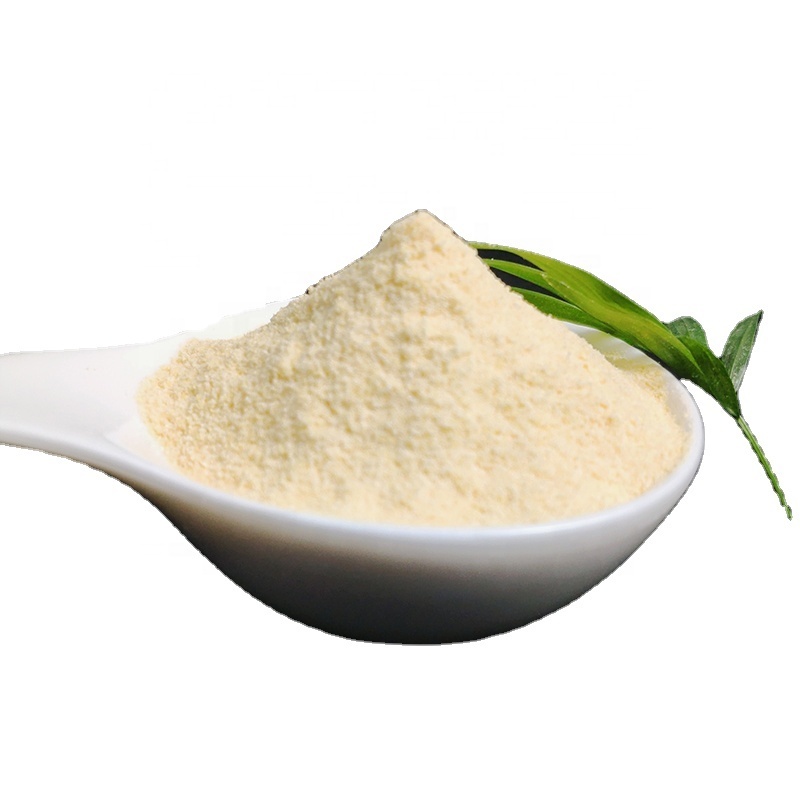-
Categories
-
Pharmaceutical Intermediates
-
Active Pharmaceutical Ingredients
-
Food Additives
- Industrial Coatings
- Agrochemicals
- Dyes and Pigments
- Surfactant
- Flavors and Fragrances
- Chemical Reagents
- Catalyst and Auxiliary
- Natural Products
- Inorganic Chemistry
-
Organic Chemistry
-
Biochemical Engineering
- Analytical Chemistry
-
Cosmetic Ingredient
- Water Treatment Chemical
-
Pharmaceutical Intermediates
Promotion
ECHEMI Mall
Wholesale
Weekly Price
Exhibition
News
-
Trade Service
If civil unrest persists in the OPEC member, it may lead to further supply disruptions
.
Libya shut down its largest oil field on Monday and warned of further
disruptions.
The demonstrations against Libyan Prime Minister Dbeibah are likely to affect the energy sector of the OPEC member, whose oil production could fall by more than 500,000 barrels
per day.
The Sharara field, which produces 500,000 barrels a day, was shut down in the western part of the country after protesters gathered there to demand Dbeibah's ouster
, people familiar with the matter said.
Previously, the nearby El Feel field, which produced 65,000 barrels per day, was suspended for the same reason
.
One of the people familiar with the matter said Libya's production could be reduced by 535,000 barrels per day as a result, and it is bound to decline
further.
As of Sunday, the country's crude oil production was as high as 1.
1 million barrels per
day.
Libya's National Oil Company (NOC) officially suspended loading from eastern port Zueitina on Monday and called it "the start of a wave of painful closures.
"
The NOC also declared a force majeure event
while loading at the port of Mellitah in western Libya.
In addition, Libya's oil port Brega was closed on Monday and protesters also threatened to suspend exports
from the two oil ports of Es Sider and Ras Lanuf.
NOC said in a statement:
"We have always stressed the importance of neutralizing the oil sector and avoiding involvement in national political conflicts
.
"
With the political crisis worsening, it is the latest in a series of devastation suffered by Libya's oil industry
.
The disruption was partly due to the rise
in oil prices early Monday.
This is a delicate moment
for Libya, which relies on oil exports, and for global commodity markets.
Oil supplies have become tight since the Russian-Ukrainian conflict, and Brent crude prices have soared above $138 a barrel
.
Libya's crude oil production this year is just over 1 million barrels per day, according to data compiled by Bloomberg, but still down from nearly 1.
2 million barrels
in 2021.
The decline cost the country millions of dollars in lost revenue
.
Since the fall of Moammar Al Qaddafi in 2011, the North African country has been plagued
by political conflict.
After a spokesman for Libya's parliament declared former interior minister Fathi Bashagha prime minister as prime minister in February, Dbeibah rejected the resignation demands
of some lawmakers.
Earlier this month, representatives of Khalifa Haftar, commander of Libya's eastern militant forces, withdrew from a national military council
designed to secure a ceasefire.
They also said Hafta should block oil exports
.
Libya was scheduled to hold presidential elections
last December.
But with only a few days left until the election date, the election was postponed, shattering the peace
.







